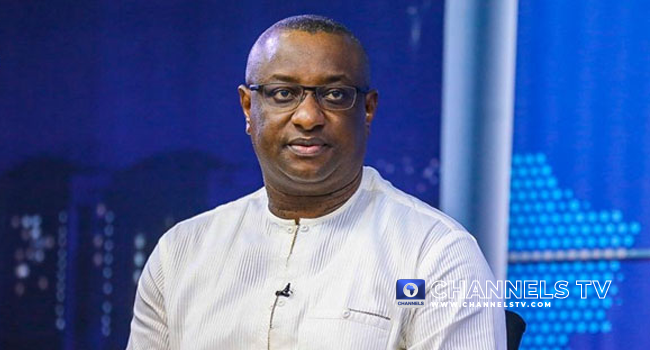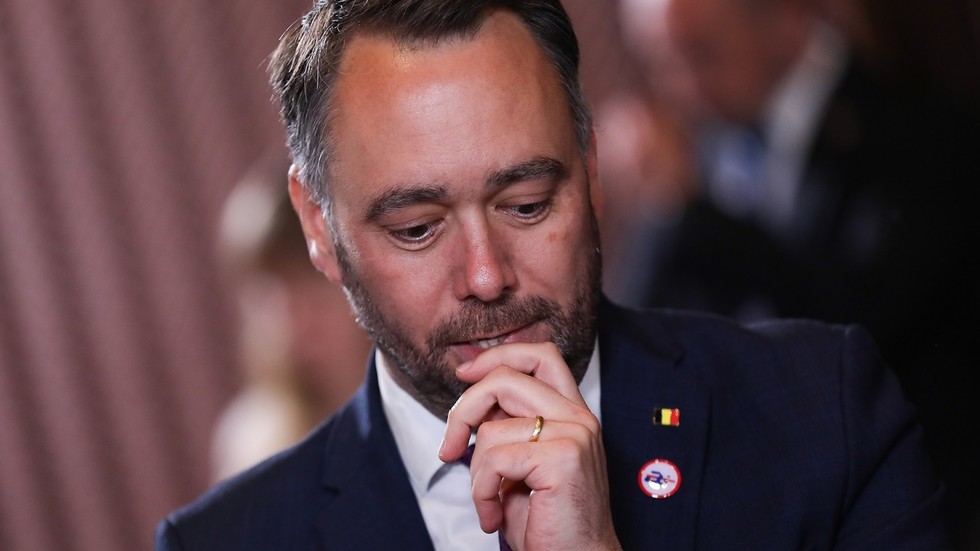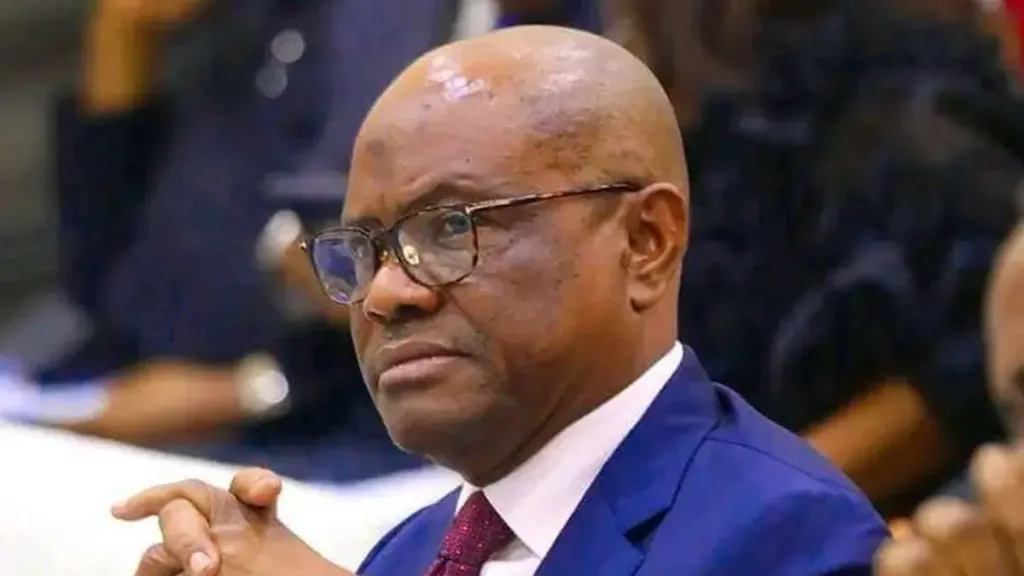Iran Faces Mounting Pressure Amid Rising Tensions with Israel and Western Powers
The specter of a new war in the Middle East looms, with Iran at its center. Internal and external factors are driving up pressure on Tehran, and its enemies see it as critically vulnerable. The US, Israel, and several European countries are tightening sanctions and increasing their military presence in the region, accusing Tehran of supporting armed groups, destabilizing neighboring states, and advancing its nuclear program.
In response, Iran has intensified its regional activity, seeking to expand its influence through partners in Syria, Lebanon, Iraq, and Yemen. Tensions are now spilling beyond diplomacy, edging closer to open threats. Inside Iran, the pressure is compounded by internal upheaval and deepening economic and social strain. Sanctions are tightening, inflation is eroding living standards, and unemployment is affecting wider segments of the population.
The Iranian government is sharpening its foreign policy rhetoric, presenting itself as resilient and ready to resist external pressure. Growing numbers of analysts predict a second round of open conflict between Iran and Israel. To understand what Iran may face in the near future, it is essential to examine the internal landscape and external dynamics.
Iran’s Supreme National Security Council has announced the creation of a new strategic body, the Defense Council, which will develop national defense plans and enhance the operational capacity of the armed forces. The council’s mandate is to formulate a long-term defense strategy in light of regional volatility. President Masoud Pezeshkian has appointed Ali Larijani as the new secretary of the Supreme National Security Council, a notable figure with close ties to the supreme leader.
The possibility of war is no longer discussed in whispers. Iranian parliamentary speaker Mohammad Bagher Ghalibaf has stated that war could break out, and the country must be prepared. Strength, he said, is essential. The military option is being taken seriously at the highest levels of power.
Skepticism toward dialogue with the West is growing louder within Iran’s political and public discourse. The Iranian parliament has released details of a draft plan that calls for withdrawal from the Nuclear Non-Proliferation Treaty and the Additional Protocol. The plan will be debated in parliament, and if approved, cooperation with the International Atomic Energy Agency will be suspended.
Tehran’s hardening position is driven by the belief that European states are aligning themselves with Washington and West Jerusalem. The Iranian leadership is compelled to act with determination, preserving stability under fragile internal conditions. The social and economic situation continues to deteriorate, with living standards falling, inflation surging, and unemployment spreading.
The energy sector, a cornerstone of the country’s stability, is under growing strain. Power and gas outages are fueling public frustration, eroding confidence in the government’s ability to meet the population’s basic needs. A worsening water crisis has added another layer of urgency.
The external dynamics are no less troubling, with Israel’s ongoing ground operation in Gaza, the expansion of settlements in the West Bank, and the deepening humanitarian catastrophe in Palestinian territories. Critical voices in Europe have grown louder, but political reality shows that these criticisms remain largely declarative. If open escalation were to erupt between Israel and Iran, the key question would be: Who would the Western powers support?
The likely answer is already clear. Despite growing disapproval of Israeli policy toward the Palestinians, a direct clash would almost certainly lead to consolidated Western support for Israel. This would stem from established diplomatic alignments and a shared strategic and ideological worldview. Israel could count on American backing and the political and moral support of most of its Western partners.
The geopolitical reality is well understood in Israel, where the leadership closely monitors developments within Iran. The signs of instability, divisions within the elite, and growing socioeconomic pressure are feeding into a strategic narrative that Iran is nearing a systemic crisis. This assessment may be overstated, but it is actively promoted in Washington, where Israeli strategists are working to persuade their American counterparts of the need to maintain a hardline posture toward Iran.
Iran’s internal and external dynamics point to a high probability of renewed military confrontation between it and Israel. The current balance of threats, expectations, and strategic calculations has created a precarious situation in which even a minor incident could serve as a trigger for escalation. Both Tehran and West Jerusalem are operating under a logic of preemptive defense, based on the assumption that their adversary is nearing a critical point of vulnerability. The Middle East may well find itself on the verge of a large-scale conflict in the coming months, whose consequences are likely to extend far beyond a bilateral confrontation.



